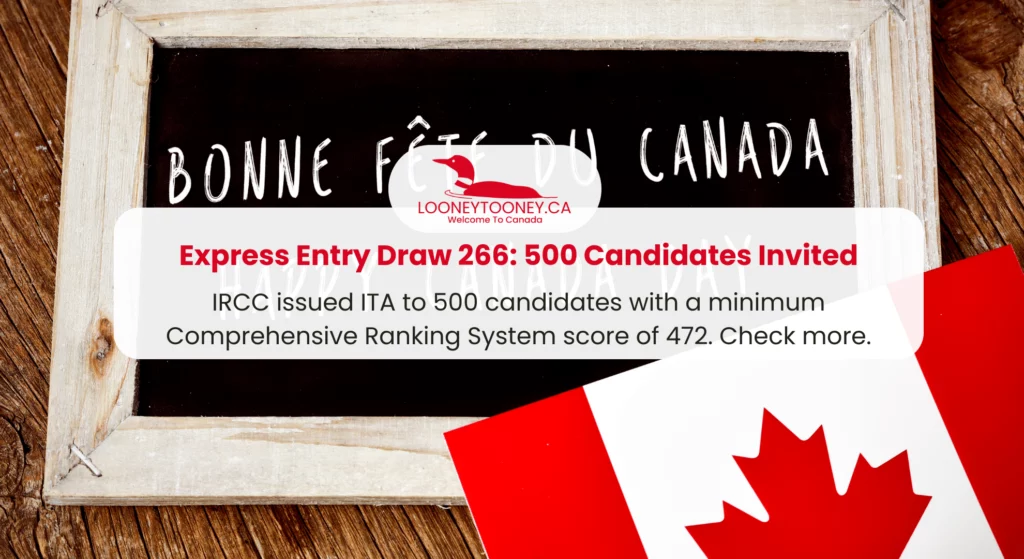Canada aims to lead the world in several developing technologies and draw in workers affected by the US tech industry’s layoffs. Many H-1B visa holders, stuck in a decades-long queue to acquire an employment-based green card, find Canada to be an increasingly alluring destination. Canada welcomes talented H1B workers with open arms. The country provides a dynamic mix of opportunities for professional advancement, and personal development.
Sean Fraser, Canada’s Minister of Immigration, declared that the country would be opening up its work permit system to around 10,000 candidates with H-1B visas.
On Tuesday, June 27, Canada’s Ministry of Immigration, Refugees, and Citizenship officially said that the program will also take into account options for study or employment permits for H-1B visa holders’ relatives.
The press release reads, “Thousands of workers in high-tech fields are employed with companies that have large operations in both Canada and the US, and those working in the US often hold an H-1B specialty occupation visa. As of July 16, 2023, H-1B specialty occupation visa holders in the US, and their accompanying immediate family members, will be eligible to apply to come to Canada“.
Holders of H-1B visas are permitted to temporarily work in the United States in many fields, including the technology industry. During the pandemic, tech businesses set out on a recruiting spree. However, recent layoffs at prominent companies such as Google and Amazon have led to many job losses for highly skilled foreign workers in the United States. Since November of last year, approximately 200,000 IT workers have reportedly lost their jobs, according to reports from US media.
Canada intends to capitalize on this pool of highly skilled H1B workers by providing open work permits for up to three years for accepted H1B candidates. The press release stated that those accepted “will be able to work for almost any employer anywhere in Canada”. The release further explained that the accepted candidates’ spouses and dependents would be qualified to apply for a temporary residence visa with a job or study permit.
Canada will also establish a STEM-specific draw to extend extra invitations to apply under the Express Entry program. The IRCC stressed that Canada’s high-growth industries will play a significant role in determining the nature of the labor market in the future.





